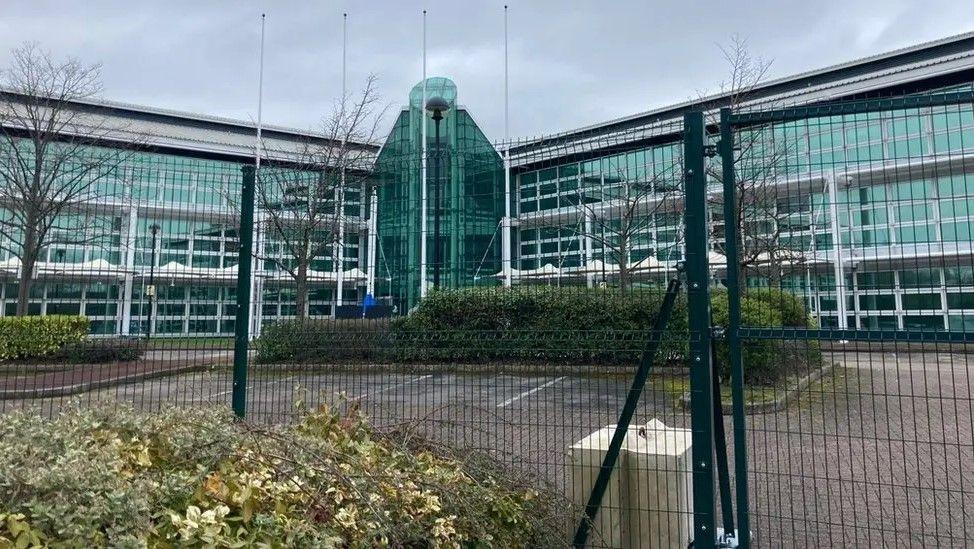Schools are at breaking point, heads warn Reeves
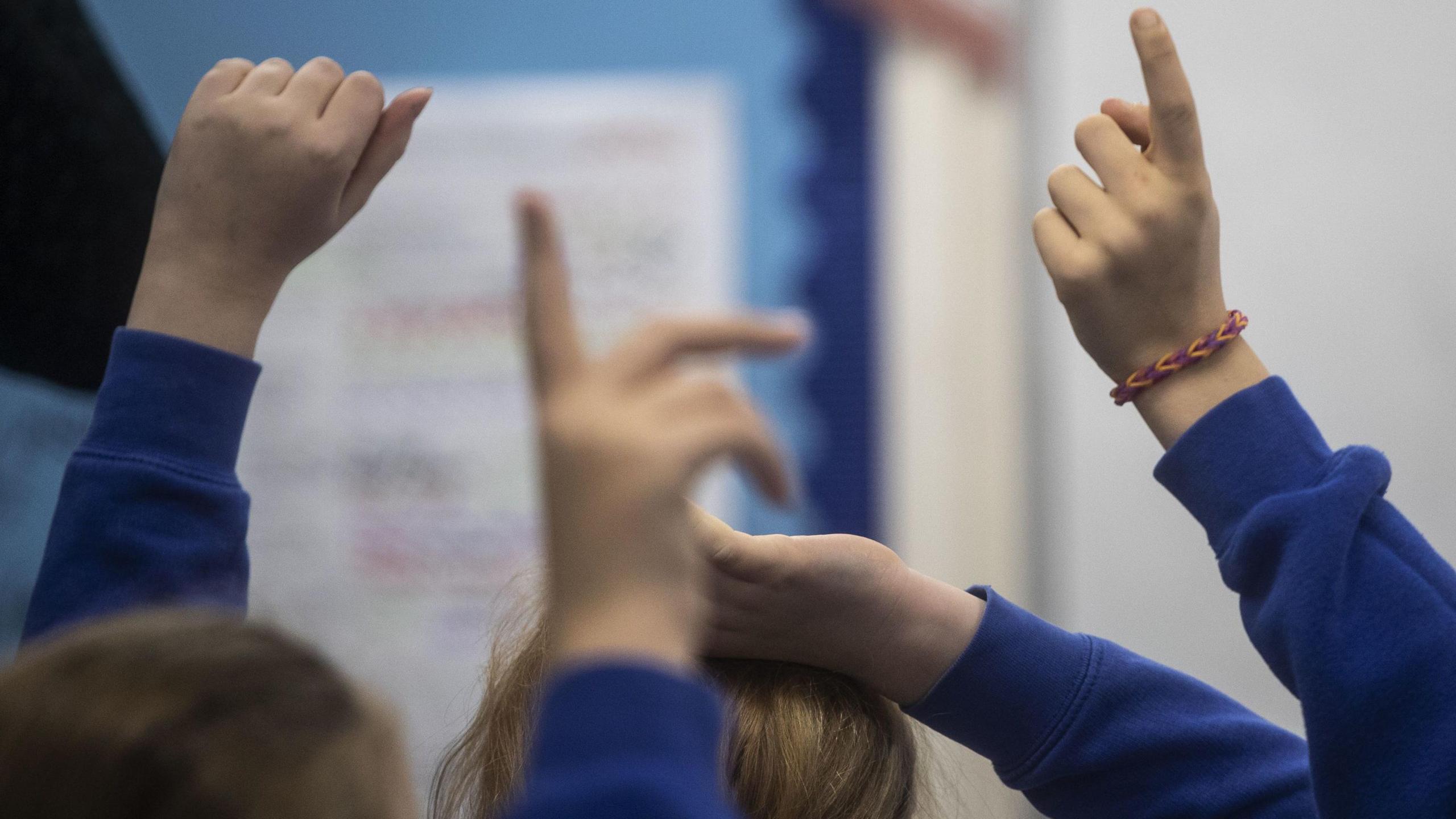
Twenty-nine Liverpool head teachers have written to Chancellor Rachel Reeves to ask for more money for the city's schools
- Published
A group of Liverpool head teachers has told the Chancellor their schools are at breaking point ahead of Labour delegates arriving in the city for the party's annual conference.
Twenty-nine of them have signed an open letter to Rachel Reeves, calling on her to restore "the achievements of the last Labour government".
The letter claimed Liverpool schools had lost £52.3m in real terms since 2010, with 86% of the city's schools financially worse off.
A Department for Education (DFE) spokesperson said the government did not recognise the figures quoted by the head teachers, which were calculated by the Stop School Cuts coalition of education unions.
Karen Barr, head teacher at Dovecoat Primary School, said: "We are currently in a deficit budget and are providing a good education with no funding to supplement curriculum demands.
"The stress on staff is increasing and cuts to jobs are a real threat. We have a high intake of SEND [special educational needs and disabilities] issues and EHCPs [Education, Health and Care Plans] with complex needs to meet and no funding to support this."
Christopher Davey, head teacher of Blessed Sacrament Catholic Primary School in Aintree, said real-terms budget cuts had been "devastating".
He explained: "Cuts are impacting quality of provision, progress and attainment as well as staff morale and wellbeing due to the gap constantly widening between needs, funding and external expectations and pressures."
The open letter to Reeves warns that "years of chronic underfunding" have brought schools to breaking point, with cuts to subjects, teachers and resources.
Four vans calling on the government to "reverse school cuts" will circle the venue for Labour's party conference which begins on Sunday.
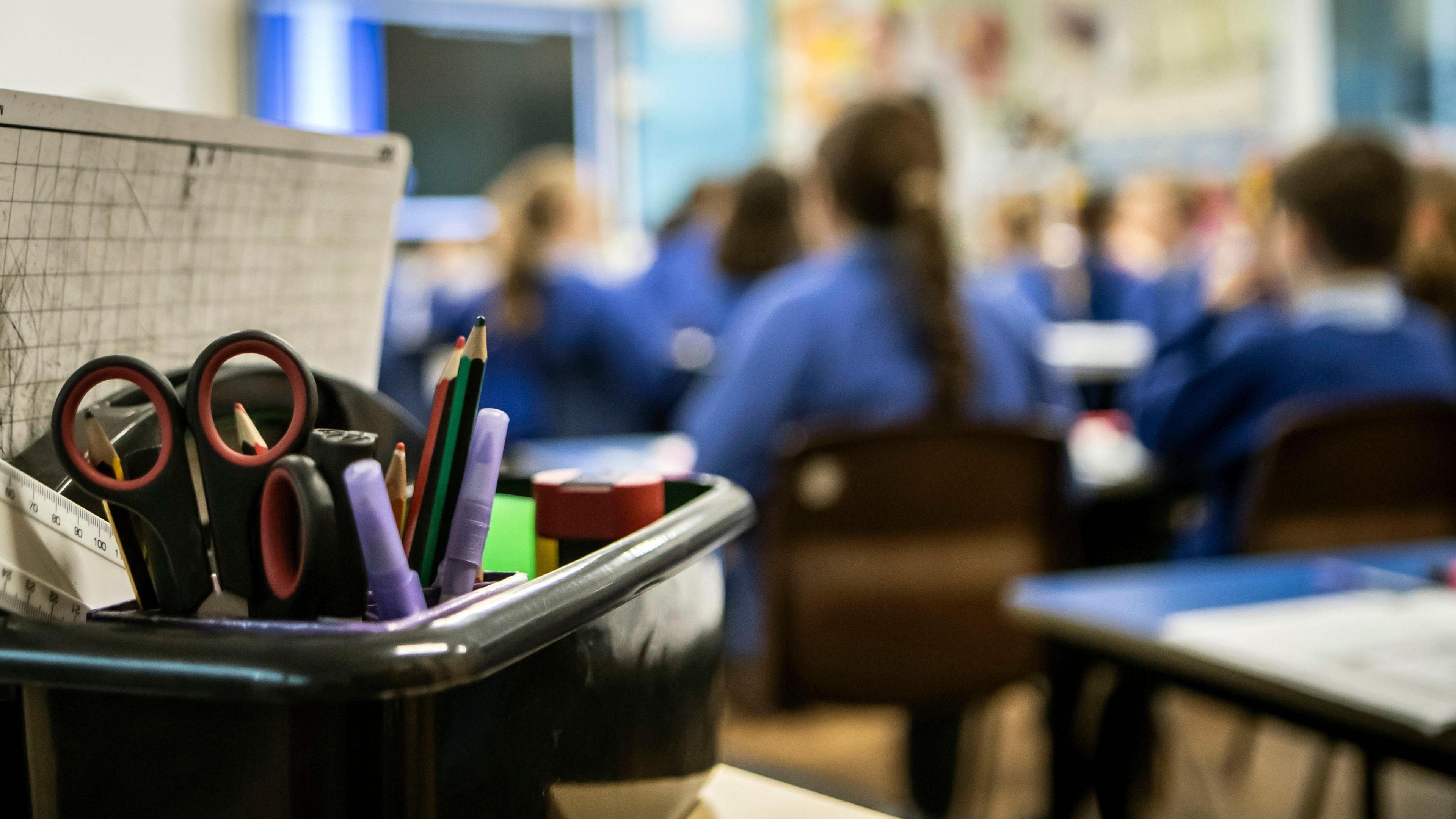
The Department for Education disputes the accuracy of data provided by the Stop School Cuts coalition of education unions
Government spending per pupil grew 11% in real terms from 2019-20 to 2024-25, according to the Institute for Fiscal Studies (IFS).
It said this growth was enough to reverse real-terms cuts of the past and return spending to 2010 levels.
However, the IFS said almost half of this growth could be explained by soaring spending on pupils with additional needs.
The growth in mainstream school funding between 2019-20 and 2024-25 has been estimated to be about 5% and therefore below 2010 levels once inflation had been factored in.
A DFE spokesperson said: "Despite our tough fiscal inheritance, this government has protected key education priorities through our Plan for Change.
"We are putting a further £3.7bn into schools' budgets, including increasing pupil premium to over £3bn for 2025-26 to provide additional support for those children that need it most.
"On top of this, we are taking steps to ensure every child can achieve and thrive including by rolling out free breakfast clubs, fixing the foundations of school buildings, and getting qualified teachers at the front of every classroom, teaching a cutting-edge curriculum."
Get in touch
Tell us which stories we should cover on Merseyside
Listen to the best of BBC Radio Merseyside on Sounds and follow BBC Merseyside on Facebook, external, X, external, and Instagram, external. You can also send story ideas via Whatsapp to 0808 100 2230.
Department for Education
- Published13 April
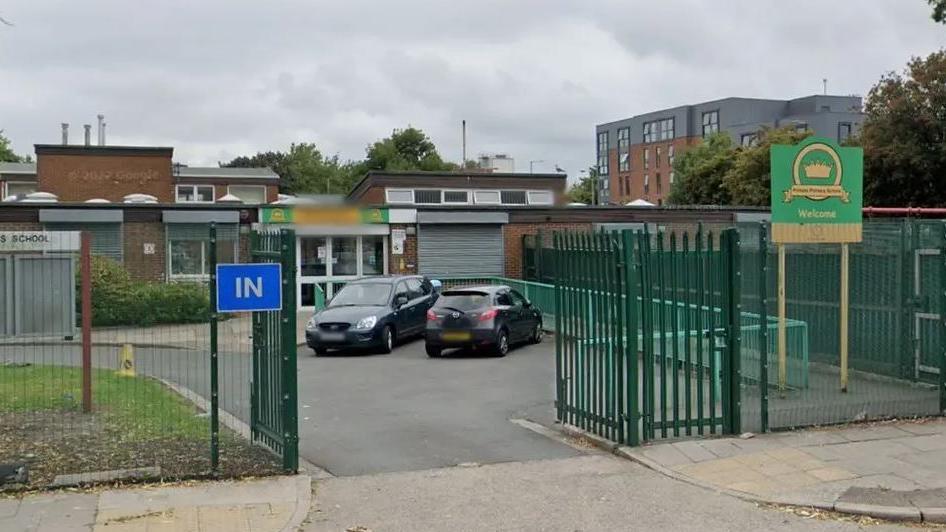
- Published10 April 2024
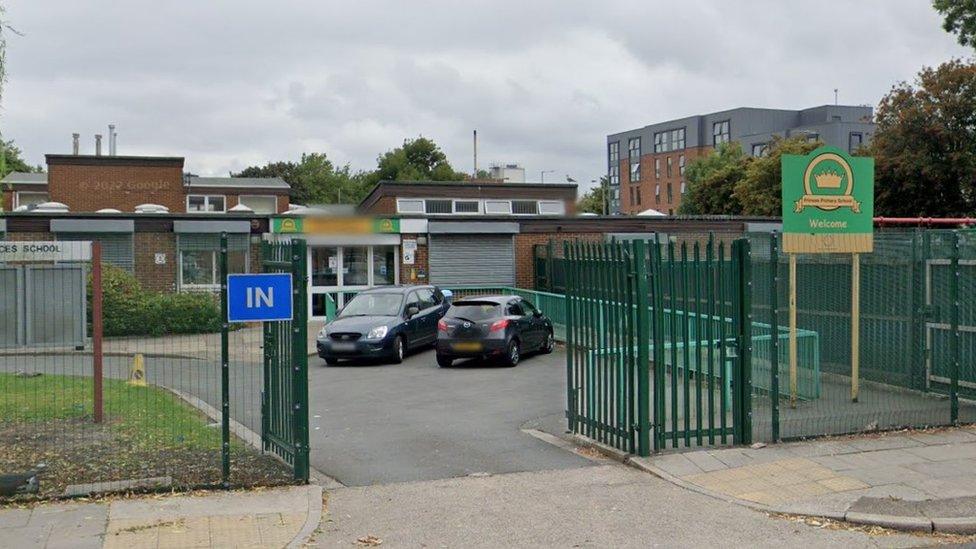
- Published24 October 2024
